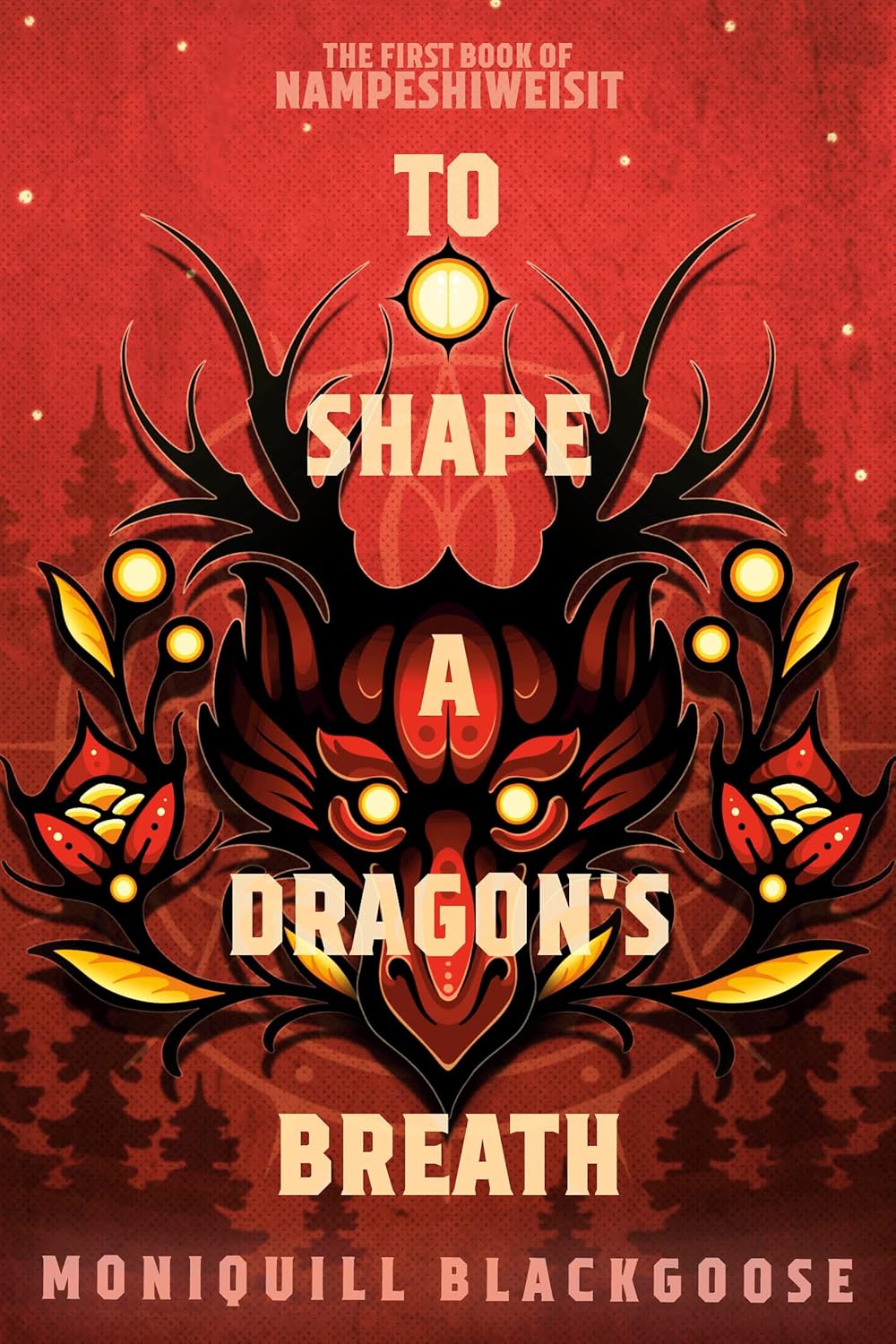Farriers wrestled with the unkenned all their lives; they ran alongside the People from childhood, sometimes befriending, sometimes negotiating, sometimes fighting, but whatever course they took, it could be guided by the iron rule that mortal folks must be protected from the People. [loc. 543]
This novel is (mostly) a prequel to In the Heart of Hidden Things, and it is considerably darker in tone. Though it features the three generations of fairy smiths -- Jedediah, Matthew and John -- much of the novel deals with events a generation or two before, beginning Jedediah's grandfather Clem being befriended by a fae who he names Ab. Like many fae, Ab is very powerful and wants to help: but its definition of helpfulness is inhuman, and Clem's daughters (he has no sons) are 'gifted' with fae magic in their cradles. Agnes is inconveniently strong; Constance is inconveniently beautiful; Mabel has the voice of a bird, and understands that the dawn chorus is a litany of abuse and threat.
Lacking a son, Clem marries his daughter Constance to the scion of another smithing clan, Caleb Mackem, known as Corbie. The marriage is not a successful one. Corbie is an insecure and abusive husband, and later father: Jedediah grows up braced against sudden violence and mockery. Corbie wins fame for being the Sarsen Shepherd, the man who brought the Sarsen Wolves to heel (via a chalk figure designed by Jedediah). Finally, Ab is captured and imprisoned in a hollow tree, and Corbie vanishes around the time of his son's wedding to calm, beautiful Louise. Jedediah, relieved, does not make much effort to locate his father: he's more than ready for a quiet life. But, after many years, Ab is freed ...
Whitfield's writing is a delight: steady Matthew, neurodiverse John, stoic Jedediah, and John's delightful teenaged sister Molly are vivid characters written with compassion and wit, and the other characters they encounter are splendidly described. These include a giant spidery fae which calls itself No One, and a pig named Left Lop which declaims in alliterative verse like an Anglo-Saxon. (‘You’re willing, wisewoman? You truly want me? Shield and shelter me, shrewdest of shes! Left-Lop would like it,’ it added, rather shyly, ‘if you’ll lend me your love. Just a little.’) And as the complex story is slowly revealed, it becomes obvious that kindness, loyalty and common sense (not to mention John's curiously other perceptions: 'there was something about today that was not quite itself, and John couldn't stop paying attention') will be the Smiths' salvation.
I found some scenes in this novel quite harrowing, but there was enough humour and light-heartedness to leaven the darkness. Kit Whitfield has a lovely line in metaphors (a spider is a 'boiling scrape of legginess') and an eye for an arresting image (the roiling cloud of feathers and eyes that is Ab; a mouth 'fringed with a flexing display of fingers and toes'). The intricacies of familial relationships, feuds as well as unity, are detailed with tolerance and affection, and John's ways of looking at the world are evocative and rather enticing. I hope for more Gyrford books, with their pre-industrial English setting and the constant presence of the 'kind friends'.













